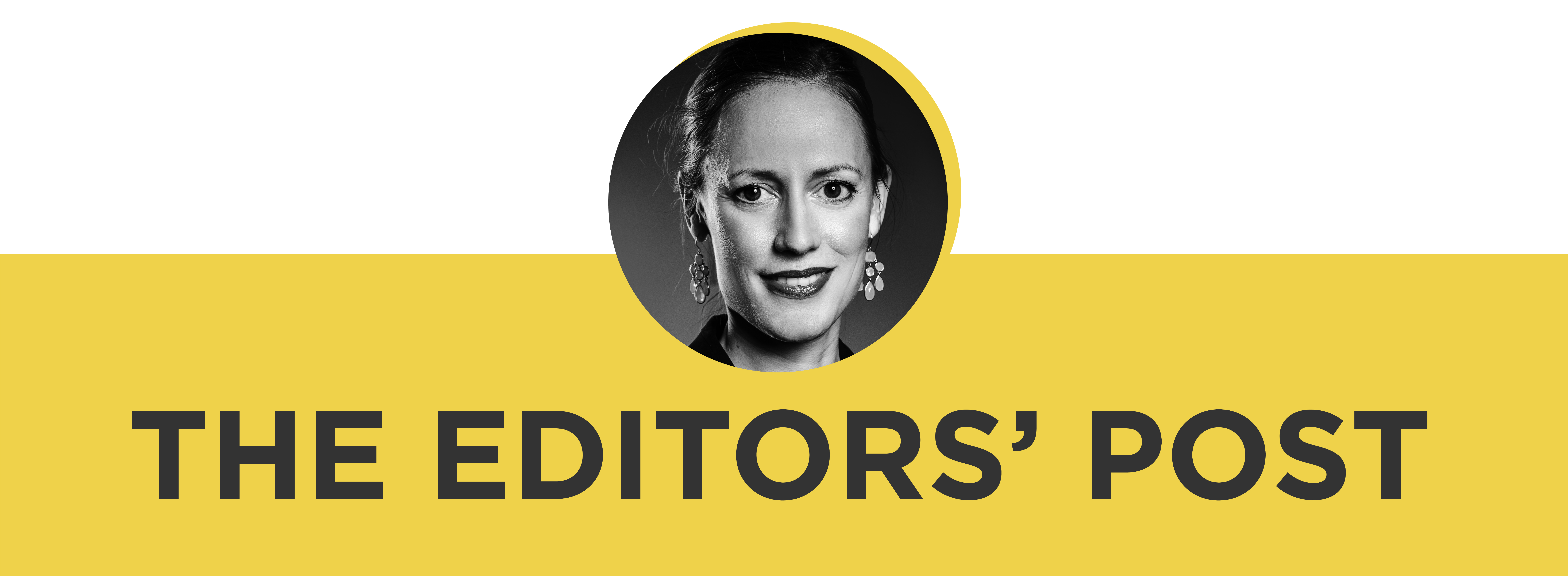The Editor's Post: Coke vs Pepsi – can impact valuation settle the debate?

Some things are a matter of personal taste, but the only way to figure out how damaging or beneficial companies are to people and planet is to put a price tag on impact – it might sound complicated, but some people have started doing it and their findings are striking. Plus, a tour of Tbilisi social enterprises, and meeting Latimpacto’s Carolina Suarez.
Measuring impacts. Pretty important if we want to build a (positive) “impact economy” – but it’s not easy. One of many issues is the difficulty of comparing the huge variety of impacts (negative and positive) that companies may have – carbon emissions? Biodiversity? Employment? Racial equity? It goes on, seemingly, forever. And we can’t compare apples and pears, we often hear.
But wait. We compare apples and pears all the time. In your local supermarket, apples are valued at a certain price (for example £2.50 per kilo) and pears at another (say, £3 a kilo). You will compare both when deciding which to buy. In simple terms, putting a monetary value on things enables one to compare anything, that’s the whole point of currency. So if you put a price on a business’s impact, it can be integrated into the company's accounts just like profit and loss, informing both investors and consumers. It’s hard to value, I hear you say; but similar complex valuations are already common practice in companies’ accounts, for example for insurance risk.
Valuing impact needs thorough calculation: how much are low wages in a disadvantaged community costing society? How much are higher wages and good working conditions bringing to society? Think of the impact on public health, economic growth, etc – there’s a cost for all of these things.
It takes some effort but one can put a price on impact: this is what Harvard Business School’s Impact Weighted Accounts Initiative (IWAI) has been working on for the past few years, and is the topic of an opinion piece by Sir Ronald Cohen this week in Pioneers Post.
Results from IWAI’s research are enlightening. Based on its calculations, it turns out that Danone, whose mission statement is “bringing health through food to as many people as possible”, has had nearly US$8bn of negative health impact in 2019, mostly because of the high sugar content of its products. Meanwhile, in the forever war between Coca-Cola and Pepsi, it turns out that the former is twice as damaging, despite lower revenue.
“Without impact monetisation we cannot make comparisons like these,” says Sir Ronald. Without this level of “impact transparency”, as he calls it, we can’t even know if we’re actually building a positive-impact economy. So it might not be easy, but we know what we need to do to make it happen.
Around the world
Also in Pioneers Post this week, Anna Patton visits social enterprises in Tbilisi, Georgia, where social entrepreneurship is flourishing; and on the other side of the world, Carolina Suarez, the CEO of Latin American impact investing network Latimpacto, shares personal insights from her purpose-driven journey – from growing up in 1980s Colombia to leading a fast-growing network with staff spread across the continent.
This week’s top stories:
‘Impact transparency’ is the tipping point for an impact economy – Sir Ronald Cohen
Three Tbilisi stores challenging assumptions of social enterprise
'If you want to create impact, you can’t have frontiers' – Carolina Suarez, Latimpacto
Photo credit: Freepik.
Thanks for reading our stories. As an entrepreneur or investor yourself, you'll know that producing quality work doesn't come free. We rely on our subscribers to sustain our journalism – so if you think it's worth having an independent, specialist media platform that covers social enterprise stories, please consider subscribing. You'll also be buying social: Pioneers Post is a social enterprise itself, reinvesting all our profits into helping you do good business, better.

